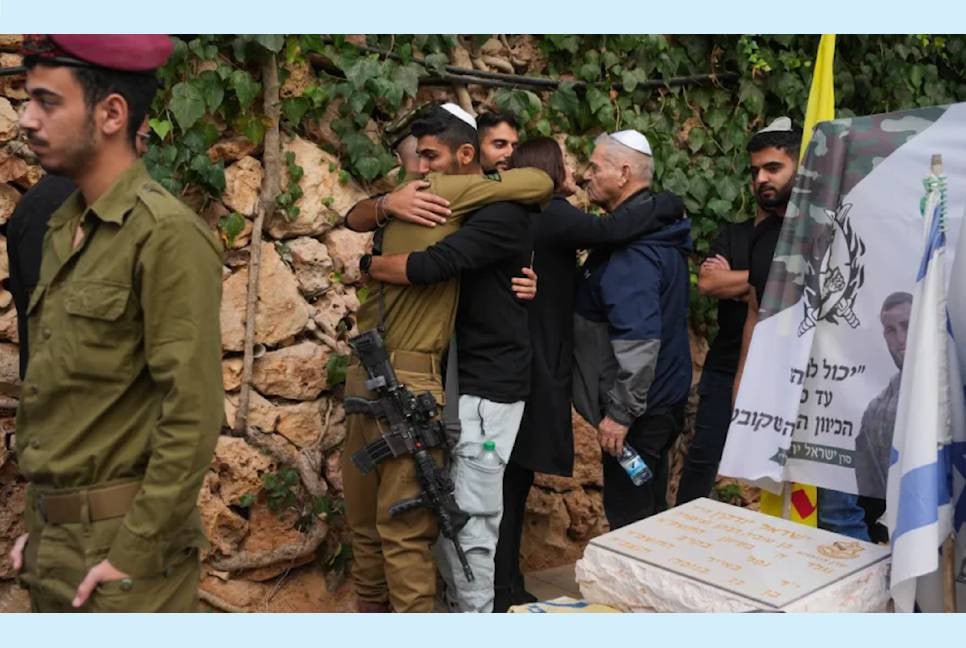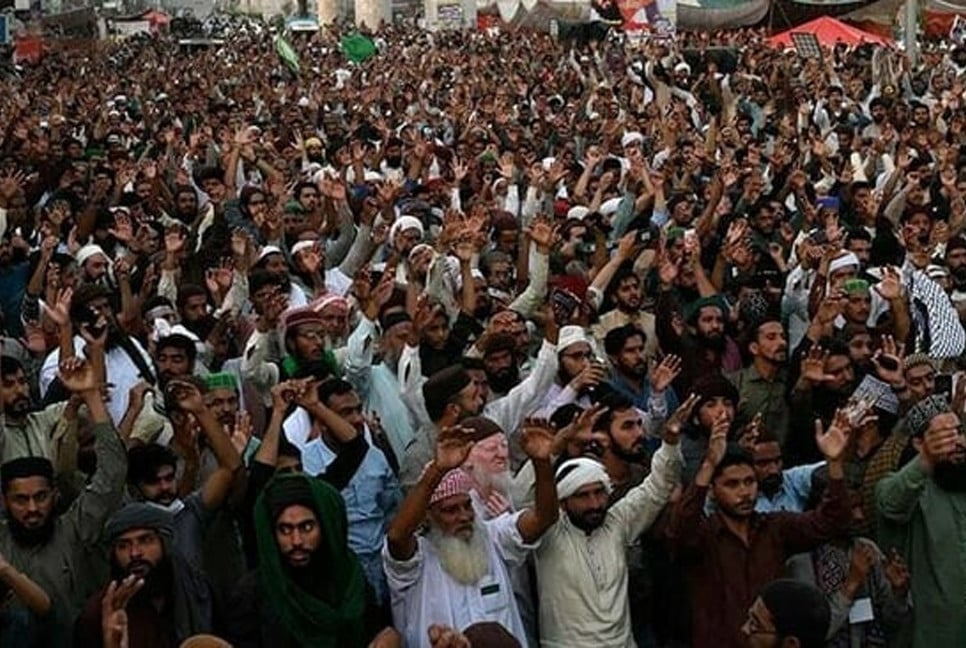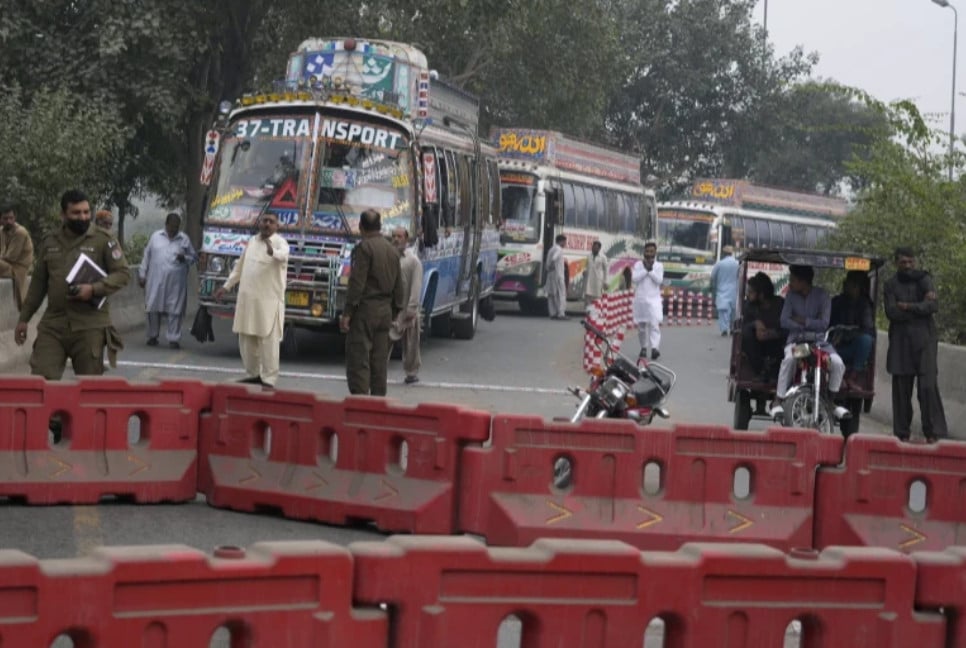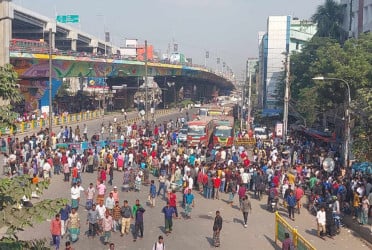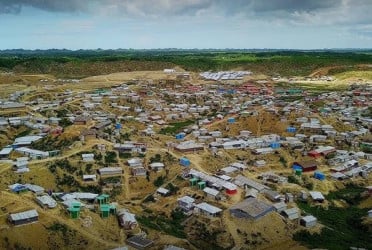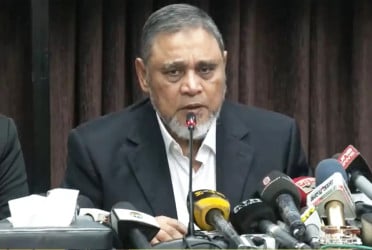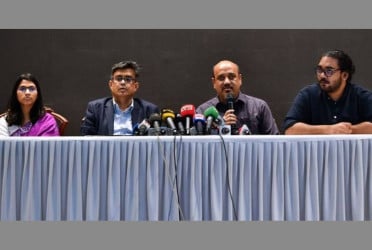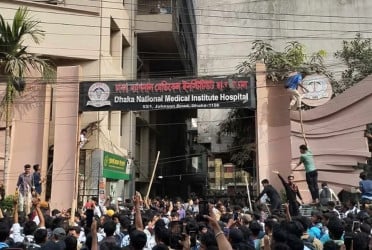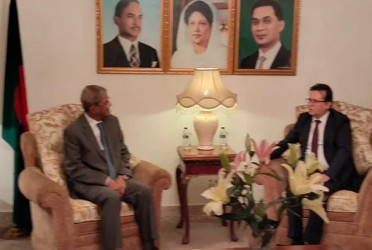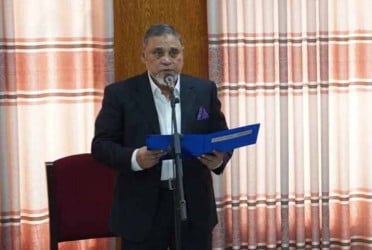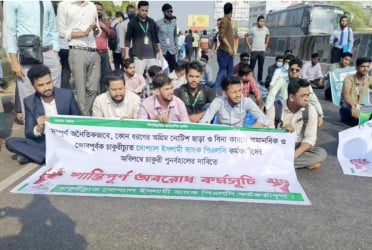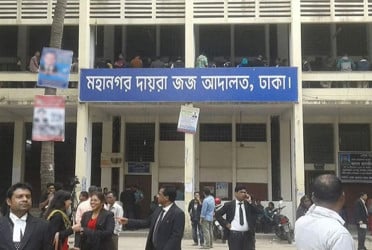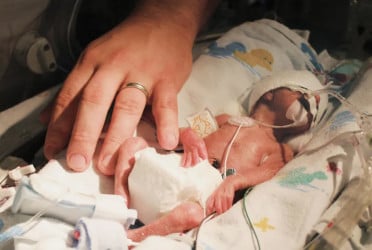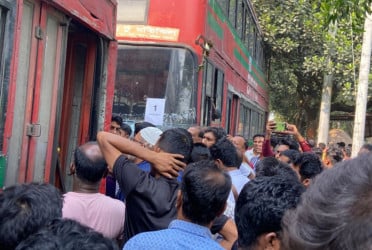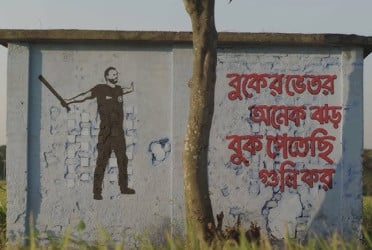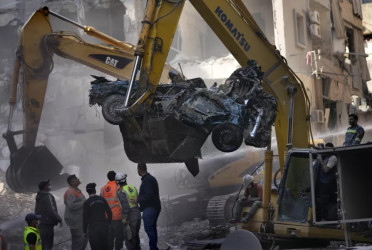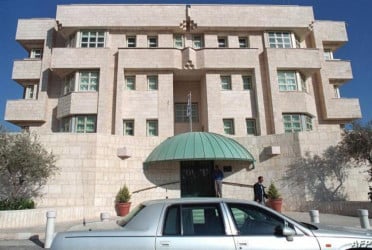The Israeli military on Thursday acknowledged a string of errors in its response to the deadly Hamas attacks last Oct. 7, including slow response times and disorganization, as it released the results of its first investigation into failures during the assault that triggered the war in Gaza.
The report focused on the border community of Be’eri, where over 100 people were killed and more than 30 others taken hostage by Hamas. It was among the hardest-hit communities in the early morning attack, and it was the scene of one of the highest-profile confrontations of Oct. 7 – a standoff in which militants held a group of hostages inside a home, reports AP.
“The army failed in its mission to protect the residents of Kibbutz Be'eri,” the military's chief spokesman, Rear Adm. Daniel Hagari, said in a televised address. “It is painful and difficult for me to say that.”
During the standoff, a tank fired at the home, raising concerns that the 13 hostages inside were killed by friendly fire. The military concluded that they were likely killed by Hamas militants, not Israeli shelling, though it was unclear how it reached that conclusion, and the report called for additional tests. The army said the kibbutz was overrun by about 340 Hamas fighters.
Investigators “determined that, based on the information reviewed and to the best of their understanding, no civilians inside the building were harmed by tank shell fire," the report said, though it said two Israeli civilians were hit by shrapnel outside the building. One of those civilians died, according to the man’s wife.
It also said commanders on the scene made “professional and responsible decisions” in ordering the tank strike. It said there had been a joint decision by various commanders after hearing gunshots within the house and militants saying they planned to kill the hostages and commit suicide.
“The team determined that most of the hostages were likely murdered by the terrorists,” the report said.
The report also pointed to delays of several hours in the arrival of military forces and said forces waited outside the kibbutz into the afternoon as residents were being killed, not understanding the severity of the situation.
“This situation is extremely grave and cannot occur,” it said.
The report praised “the bravery of the Be’eri residents and the members of the kibbutz’s civilian rapid response team," saying it was "crucial in stabilizing the defensive line during the first hours of combat.”
The Israeli army has come under heavy criticism from Palestinians and human rights groups, who say its investigations rarely result in punishment.
Kibbutz residents gave the report a mixed reception, expressing anger over the army’s failures that day but also appreciation that it took responsibility.
Meir Zarbiv, a resident whose brother and sister were both killed on Oct. 7, called the report a “deception” by the army. “I don’t believe the report, and I don’t believe anything about it,” he said.
He said he still cannot understand the delays in arriving and entering the kibbutz. “I just don’t believe what happened here. I have no explanation,” he said. “Where was the army?”
In a statement, the community called the investigation “thorough” and said it helped them understand the complexity of the fighting that day.
“We see great importance in the army accepting the blame and responsibility for its complete failure to protect us and in asking for forgiveness for abandoning us for many hours during an attack of unmatched evil,” it said.
Bd pratidin English/Lutful Hoque




